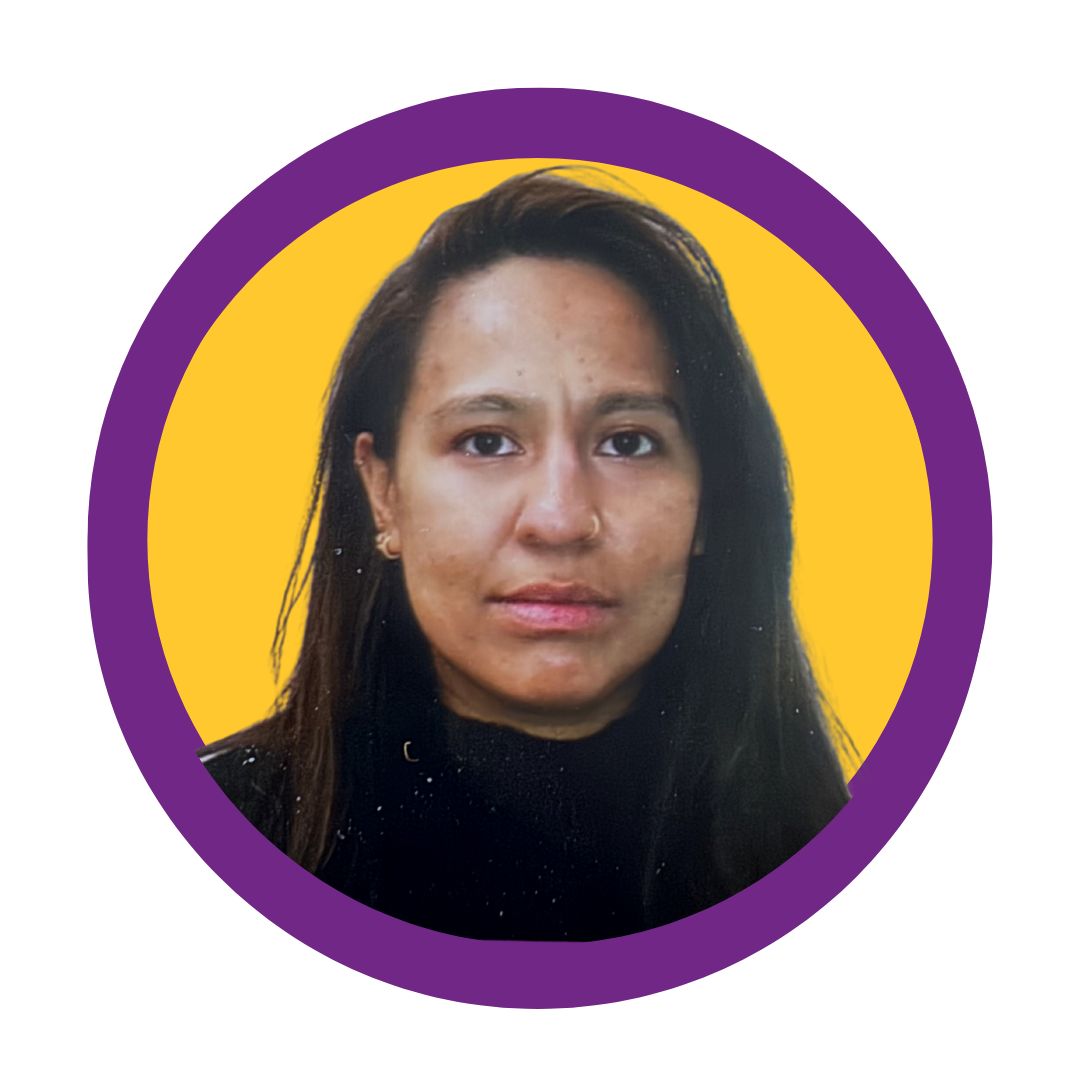Advocacy Internship Reflections by Dr. Fahema Nadira
Fahema Nadira, MD
PGY 2
Internal Medicine
Mount Sinai - Morningside/West
Entering the Program
I chose to participate in the NYACP’s Advocacy Internship Program because I truly believe that as a future primary care physician, my role extends far beyond the walls of a clinic room. I view primary care medicine not solely as providing care to a community but also as a platform for driving systemic change that improves public health, advances health equity, and addresses the structural and political factors influencing patient outcomes. This four-week advocacy-focused program presents an invaluable opportunity to marry my clinical training with hands-on policy experience and to build on the skills necessary to advocate effectively for my patients at a legislative level. What attracted me most to the NYACP Advocacy Internship was its sustained commitment to empowering residents to become physician advocates by exposing them to the entire legislative process, policy development, and the nuances of healthcare reform in New York State. I very much look forward to deepening my understanding of how laws and regulations are drafted, debated, and implemented, and how physicians can influence these decisions to support policies that are evidence-based, ethically sound, and patient-centered. I am especially interested in learning how to craft compelling advocacy messages, engage with legislators (including assembly and state members) and their staff, and build lasting coalitions with other healthcare professionals and community stakeholders. Through participation in legislative meetings, policy briefings, and public health initiatives, I would like to build my confidence in speaking up on behalf of vulnerable patient populations and on critical issues like access to care, funding, health disparities, and physician wellness. Furthermore, I see this internship as a unique opportunity to connect with mentors and peers who are equally passionate about medical advocacy, and to be part of a community that believes in using its voice to create a better, more just healthcare system. Ultimately, I hope to emerge from this 4-week internship with a stronger understanding of the power physicians hold as advocates, a clearer sense of how I can integrate advocacy into my future career, and a toolkit of practical skills—from writing policy memos to testifying in hearings—that I can use throughout my professional life. I believe that primary care and physician advocacy are no longer optional in today’s rapidly evolving healthcare landscape—it is a responsibility. By choosing this internship, I am taking a step toward fulfilling that responsibility and preparing myself to be not just a provider of healthcare, but also a leader in shaping the policies that govern how that care is delivered. I am very excited to learn from NYACP’s experienced policy team, participate in real-time advocacy efforts, and contribute meaningfully to ongoing campaigns that impact patients across New York State. In short, I joined this program to become a more informed, engaged, and effective advocate—someone who can translate the needs of patients into legislative action and who understands that true health care reform begins with the voices of those who serve on the frontlines.
Program Experience
Participating in the NYACP Advocacy Internship Program was an enlightening experience that profoundly deepened my understanding of the intersection between medicine and public policy, including exposure to legislative processes and physician involvement in policymaking.
From the outset, the program fostered an environment that encouraged intellectual curiosity. Through meetings with the NYACP advocacy staff including guided discussions on healthcare legislation, I gained firsthand insight into the role of physicians not only as clinical providers but also as key stakeholders in shaping healthcare policy. One of the most impactful aspects of the internship was the opportunity to observe how relationships between healthcare professionals and lawmakers are cultivated to influence meaningful policy decisions. These experiences illuminated the importance of physician involvement in the legislative process and underscored the value of organized advocacy efforts.
A significant focus of my advocacy efforts during the program was addressing the obesity epidemic in New York State. Notably, Assembly Bill A2715, sponsored by Assembly member Karines Reyes, proposes comprehensive Medicaid coverage for the treatment of obesity. This bill seeks to address the health equity disparities faced by underserved communities, where obesity rates are disproportionately high. Similarly, Senate Bill S5798, introduced by Senator Luis Sepúlveda, aims to require managed care providers and the medical assistance program to cover prescription drugs approved by the FDA for chronic weight management in adults with obesity and at least one weight-related condition. These legislative efforts reflect a growing recognition of obesity as a serious chronic disease that warrants comprehensive treatment approaches. In addition to these legislative initiatives, I focused on understanding the broader policy landscape surrounding obesity prevention and treatment. Through discussions, readings, and independent research, I explored the legislative and policy barriers that limit access to evidence-based obesity treatments and prevention programs. This focus allowed me to think deeply about how advocacy can be used as a tool for equity in medicine and to consider how public policy can be leveraged to address the social determinants of health that contribute to obesity rates in underserved communities.
Moreover, the mentorship I received throughout the internship was instrumental in shaping my understanding of professional advocacy. The NYACP staff, along with experienced physician advocates, were generous with their time and insights, helping to demystify complex policy topics and encouraging me to think critically about how systemic healthcare issues can be addressed at the legislative level.
The internship also offered valuable opportunities for networking with fellow residents who share an interest in advocacy, enriching my understanding of the broader physician community and building a network of peers and mentors committed to advancing patient care through policy reform. I left the internship not only more informed but also more motivated and equipped to advocate for my patients and profession. It has solidified my belief that advocacy is not a peripheral aspect of medicine but an essential component of patient-centered care.
